Home>Gardening & Outdoor>Pool & Spa Care>How Long Should A Pool Cleaner Run
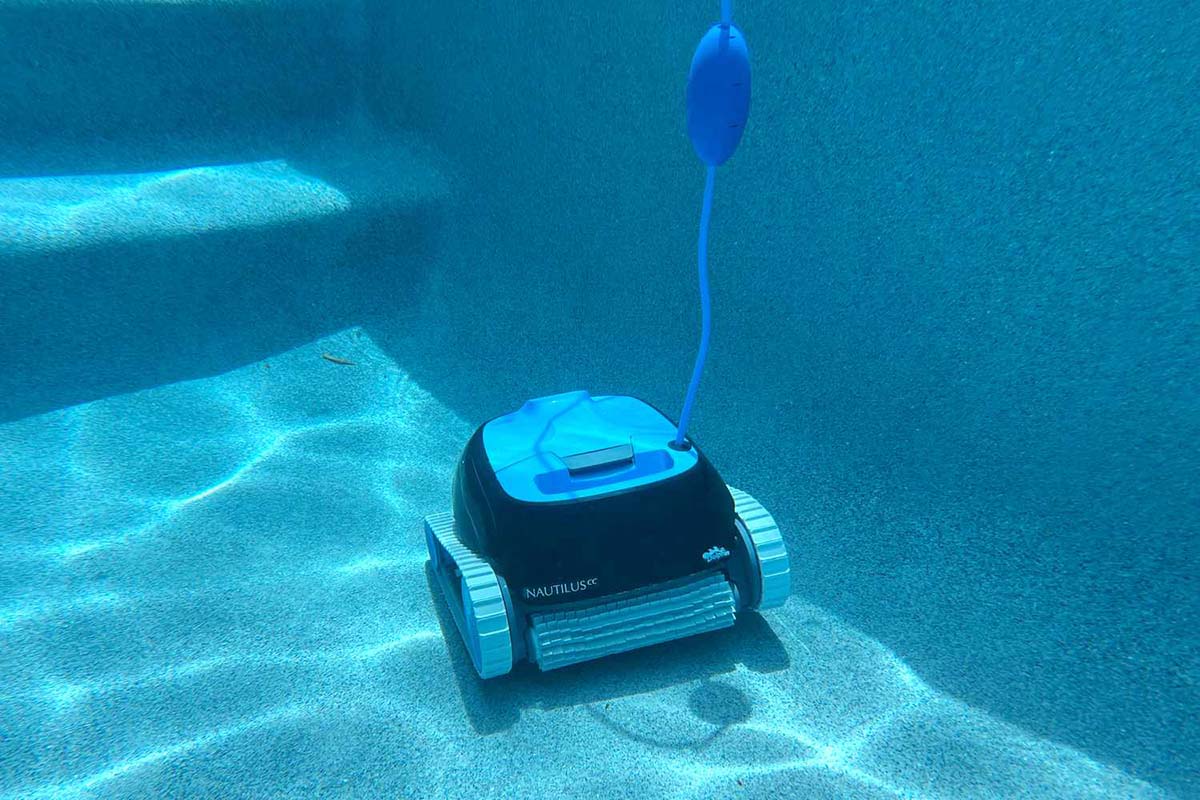

Pool & Spa Care
How Long Should A Pool Cleaner Run
Modified: January 9, 2024
Discover the ideal pool cleaner runtime for optimal pool and spa care. Learn how long your pool cleaner should run to maintain a sparkling clean pool.
(Many of the links in this article redirect to a specific reviewed product. Your purchase of these products through affiliate links helps to generate commission for Storables.com, at no extra cost. Learn more)
Introduction
When it comes to maintaining a sparkling and inviting pool or spa, the role of a pool cleaner is indispensable. A pool cleaner diligently works to remove debris, algae, and other impurities, ensuring that your pool or spa remains clean and safe for swimming. However, determining the optimal runtime for your pool cleaner is crucial for maintaining water clarity while minimizing energy consumption. In this comprehensive guide, we will explore the factors that influence pool cleaner runtime, the different types of pool cleaners available, and provide recommendations for the ideal runtime based on the type of pool cleaner you have. Additionally, we will offer practical tips for optimizing your pool cleaner’s runtime, ultimately contributing to a pristine and inviting aquatic oasis for you and your loved ones to enjoy.
Key Takeaways:
- Keep your pool cleaner running for 2-3 hours for robotic cleaners, and 1-2 hours for suction-side and pressure-side cleaners to maintain a clean and inviting pool or spa.
- Regularly maintain your pool cleaner, balance chemical levels, and manually skim and brush the pool to optimize its performance and conserve energy.
Read more: How Long To Run The Polaris Pool Cleaner
Factors Affecting Pool Cleaner Runtime
Several factors come into play when determining the appropriate runtime for a pool cleaner. Understanding these factors is essential for optimizing the cleaning efficiency of your pool or spa.
- Pool Size and Type: The dimensions and design of your pool or spa significantly impact the runtime required for effective cleaning. Larger pools or those with intricate shapes and features may necessitate longer cleaning cycles.
- Debris Load: The amount and type of debris that accumulates in your pool directly influence the runtime needed to achieve a thorough cleaning. Pools situated near trees or in windy areas may accumulate more leaves and debris, requiring extended cleaning cycles.
- Environmental Factors: Environmental elements such as sunlight exposure, wind patterns, and the presence of nearby vegetation can affect the frequency and duration of pool cleaner operation. For instance, increased debris due to windy conditions may necessitate longer cleaning sessions.
- Pool Usage: The frequency of pool usage and the number of swimmers can impact the accumulation of debris and impurities, thereby influencing the required runtime for effective cleaning.
- Water Chemistry and Quality: The overall water quality and chemical balance in your pool or spa can impact the adherence of algae and impurities to surfaces, potentially affecting the duration needed for thorough cleaning.
- Pool Cleaner Type and Model: Different types of pool cleaners, such as robotic, suction-side, and pressure-side cleaners, have varying cleaning mechanisms and efficiencies, which can influence the optimal runtime for each type.
- Programmable Features: Some advanced pool cleaners offer programmable features that allow users to customize cleaning schedules and durations based on specific cleaning needs and environmental conditions.
By considering these factors, pool owners can make informed decisions regarding the runtime of their pool cleaners, ensuring a balance between effective cleaning and energy efficiency.
Types of Pool Cleaners
Pool cleaners come in various types, each offering distinct advantages in terms of cleaning efficiency, convenience, and energy consumption. Understanding the characteristics of different pool cleaner types can help you choose the most suitable option for your pool or spa.
- Robotic Pool Cleaners: These autonomous cleaners operate independently from the pool’s filtration system and are powered by low-voltage electricity. Robotic cleaners are known for their exceptional cleaning performance, as they can scrub, vacuum, and filter debris, effectively enhancing water clarity. They are equipped with advanced features such as programmable cleaning cycles, intelligent navigation, and efficient energy consumption.
- Suction-Side Pool Cleaners: Suction-side cleaners are connected to the suction line of the pool’s filtration system and rely on the water flow to drive the movement of the cleaner. They excel at removing small to medium-sized debris and sediment, operating quietly and efficiently. However, they may require the pool’s pump to run during cleaning sessions.
- Pressure-Side Pool Cleaners: These cleaners utilize the pressure generated by the pool’s pump to propel themselves across the pool surface while collecting debris in a dedicated filter bag. Pressure-side cleaners are adept at capturing larger debris and leaves, alleviating the strain on the pool’s filtration system and enhancing overall cleanliness.
Each type of pool cleaner offers unique features and benefits, catering to specific cleaning requirements and pool configurations. By selecting the most suitable pool cleaner type for your pool or spa, you can optimize cleaning efficiency and maintain a pristine aquatic environment.
A pool cleaner should run for 6-8 hours to ensure thorough cleaning and circulation of the water. This will help prevent algae growth and keep the pool water clear and clean.
Recommended Runtime for Different Types of Pool Cleaners
Optimizing the runtime for your pool cleaner is essential for achieving a consistently clean and inviting pool or spa. The recommended cleaning durations for various types of pool cleaners are influenced by their cleaning mechanisms, efficiency, and the specific cleaning requirements of your pool or spa.
- Robotic Pool Cleaners: Due to their autonomous operation and advanced cleaning capabilities, robotic pool cleaners typically require 2 to 3 hours to thoroughly clean an average-sized pool. However, the cleaning duration may vary based on factors such as pool size, debris load, and the frequency of pool usage. It’s advisable to run a robotic pool cleaner at least 2 to 3 times per week to maintain optimal water clarity.
- Suction-Side Pool Cleaners: Suction-side cleaners are designed for efficient and continuous cleaning, typically requiring 2 to 3 hours of runtime to effectively remove debris and sediment from the pool surface. It’s recommended to run a suction-side cleaner for 2 to 3 hours, 1 to 2 times per week, depending on the debris accumulation and environmental conditions.
- Pressure-Side Pool Cleaners: Pressure-side cleaners are adept at capturing larger debris and leaves, often completing a thorough cleaning cycle within 1 to 2 hours. Running a pressure-side cleaner for 1 to 2 hours, 1 to 2 times per week, is generally sufficient to maintain a clean and debris-free pool or spa.
It’s important to note that the recommended runtimes provided are general guidelines, and adjustments may be necessary based on specific cleaning requirements, environmental factors, and the unique characteristics of your pool or spa. Regular observation of cleaning effectiveness and water clarity can help determine the optimal runtime for your pool cleaner, ensuring consistently pristine and inviting pool conditions.
Tips for Optimizing Pool Cleaner Runtime
Efficiently managing the runtime of your pool cleaner is essential for maintaining a clean and inviting aquatic environment while minimizing energy consumption. By implementing the following tips, you can optimize the performance and runtime of your pool cleaner, ensuring a consistently pristine pool or spa:
- Regular Maintenance: Keep your pool cleaner and its components well-maintained, including cleaning filters, brushes, and debris collection bags. Regular maintenance enhances cleaning efficiency, allowing the cleaner to operate optimally within the recommended runtime.
- Balance Chemical Levels: Maintain proper water chemistry by regularly testing and balancing the pool’s pH, alkalinity, and sanitizer levels. Balanced chemical levels help prevent the buildup of algae and impurities, reducing the workload and runtime required for the pool cleaner.
- Skim and Brush Manually: Prior to running the pool cleaner, manually skim the pool surface to remove large debris and brush the pool walls and floor to dislodge stubborn dirt and algae. This preparatory manual cleaning can reduce the runtime needed for the pool cleaner to achieve a thorough cleaning.
- Optimize Cleaning Schedule: Adjust the cleaning schedule of your pool cleaner based on environmental factors, pool usage, and debris accumulation. By aligning the cleaning sessions with the specific cleaning needs of your pool, you can optimize runtime while maintaining water clarity.
- Utilize Programmable Features: If your pool cleaner offers programmable features, take advantage of customizable cleaning cycles and durations. Tailoring the cleaning schedule to match specific cleaning requirements can optimize runtime and energy efficiency.
- Monitor Cleaning Effectiveness: Regularly assess the cleanliness and water clarity of your pool or spa to gauge the effectiveness of the pool cleaner. Adjust the runtime and cleaning frequency based on the observed cleaning performance to ensure optimal results.
- Minimize Debris Accumulation: Implement measures to minimize the accumulation of debris in and around the pool, such as using a pool cover, strategically placed skimmer baskets, and regular landscaping maintenance. By reducing debris accumulation, you can optimize the runtime needed for effective cleaning.
By implementing these tips, you can effectively optimize the runtime of your pool cleaner, promoting efficient cleaning performance while conserving energy and resources.
Read more: How Long Does The Dolphin Pool Cleaner Run
Conclusion
Optimizing the runtime of your pool cleaner is a pivotal aspect of pool and spa maintenance, contributing to water clarity, cleanliness, and energy efficiency. By considering the factors that influence pool cleaner runtime, understanding the characteristics of different pool cleaner types, and implementing recommended runtimes based on the specific type of cleaner you have, you can effectively maintain a pristine aquatic oasis for leisure and relaxation.
Furthermore, by adhering to practical tips for optimizing pool cleaner runtime, such as regular maintenance, balanced chemical levels, and strategic manual cleaning, you can enhance the efficiency and effectiveness of your pool cleaner while minimizing energy consumption.
Ultimately, the goal of optimizing pool cleaner runtime is to strike a harmonious balance between cleaning efficiency, energy conservation, and the overall enjoyment of your pool or spa. Regular observation of cleaning effectiveness, water clarity, and environmental factors will aid in determining the ideal runtime for your pool cleaner, ensuring that your aquatic retreat remains a refreshing and inviting haven for you, your family, and your guests to relish.
Frequently Asked Questions about How Long Should A Pool Cleaner Run
Was this page helpful?
At Storables.com, we guarantee accurate and reliable information. Our content, validated by Expert Board Contributors, is crafted following stringent Editorial Policies. We're committed to providing you with well-researched, expert-backed insights for all your informational needs.
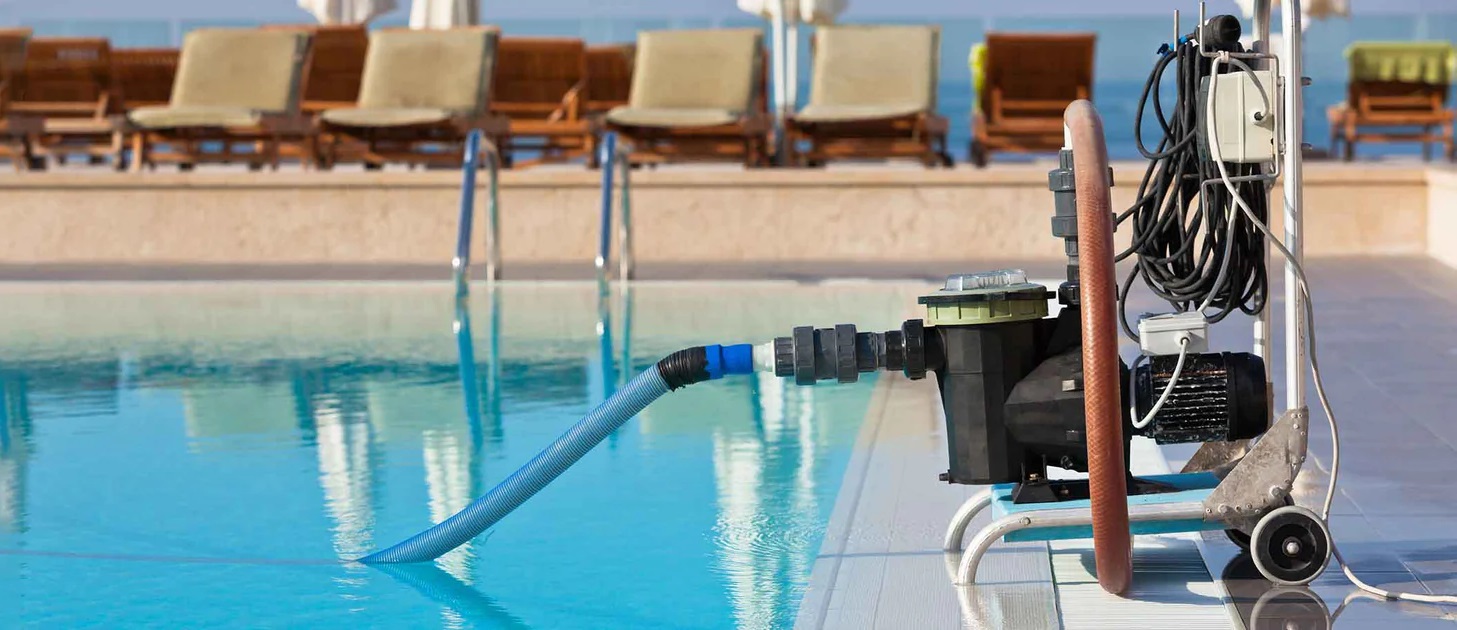
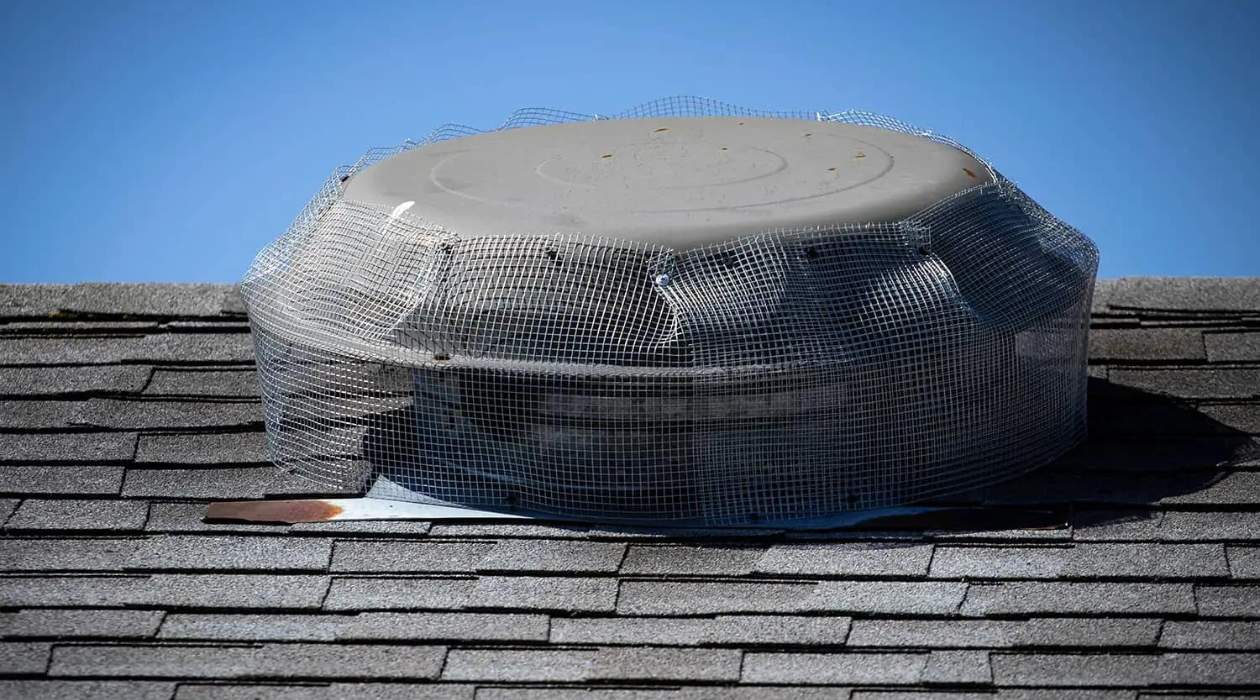
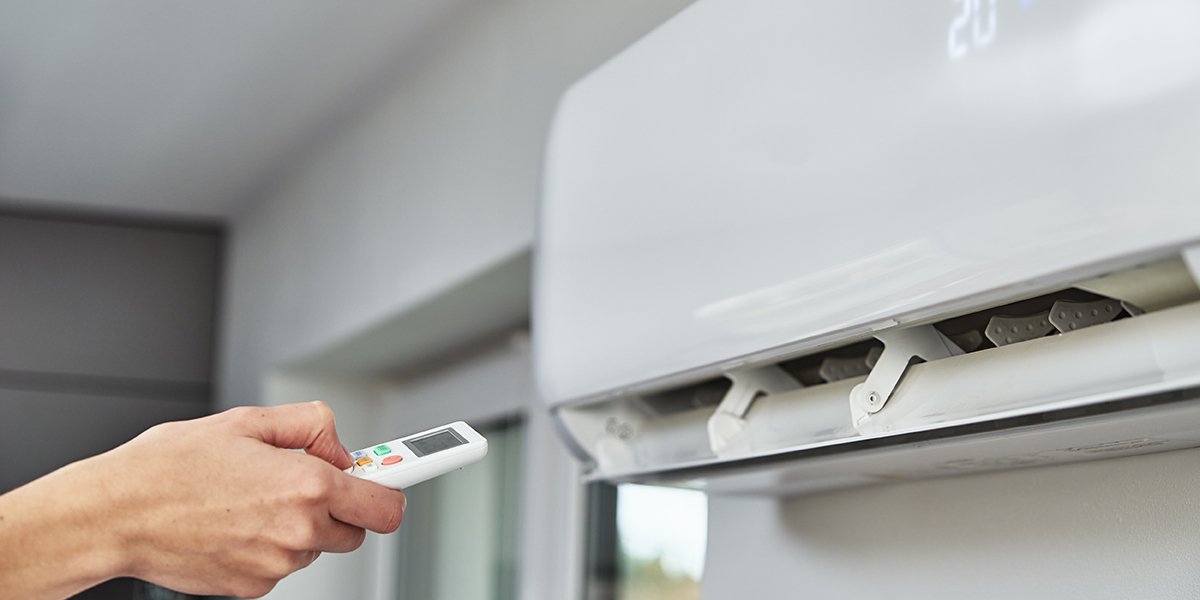
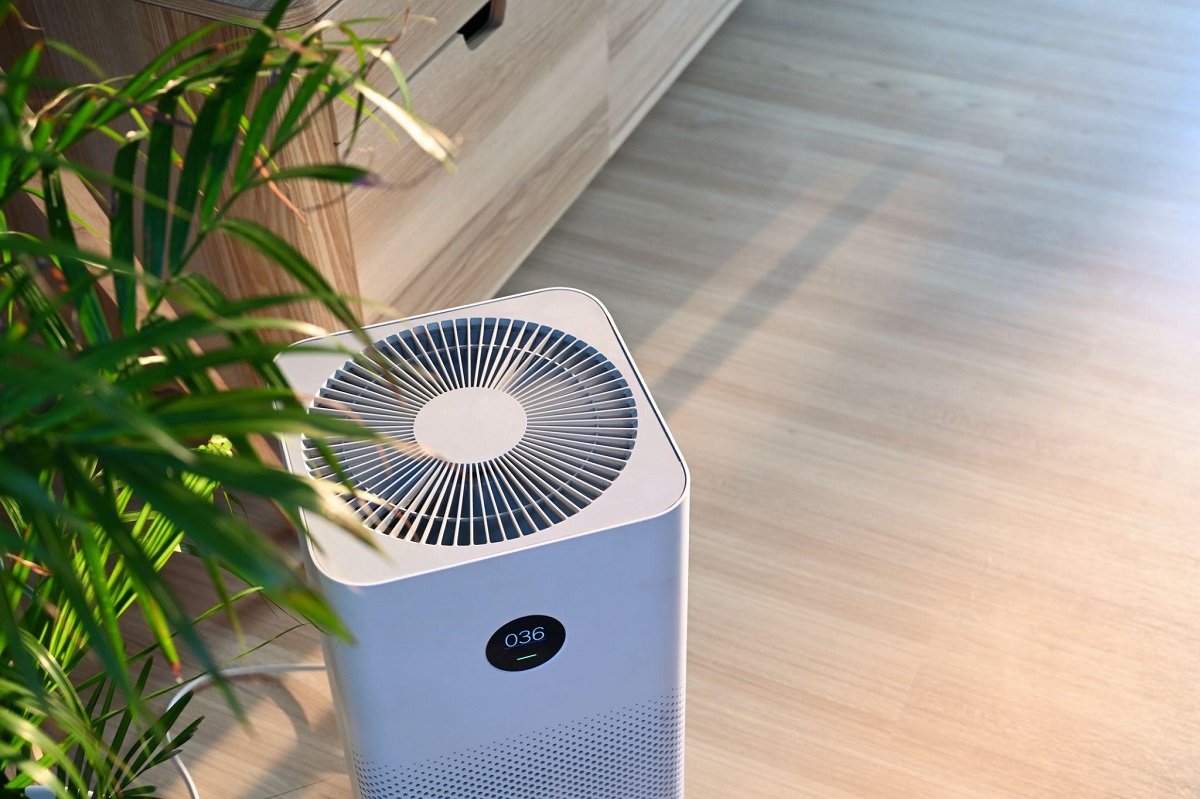
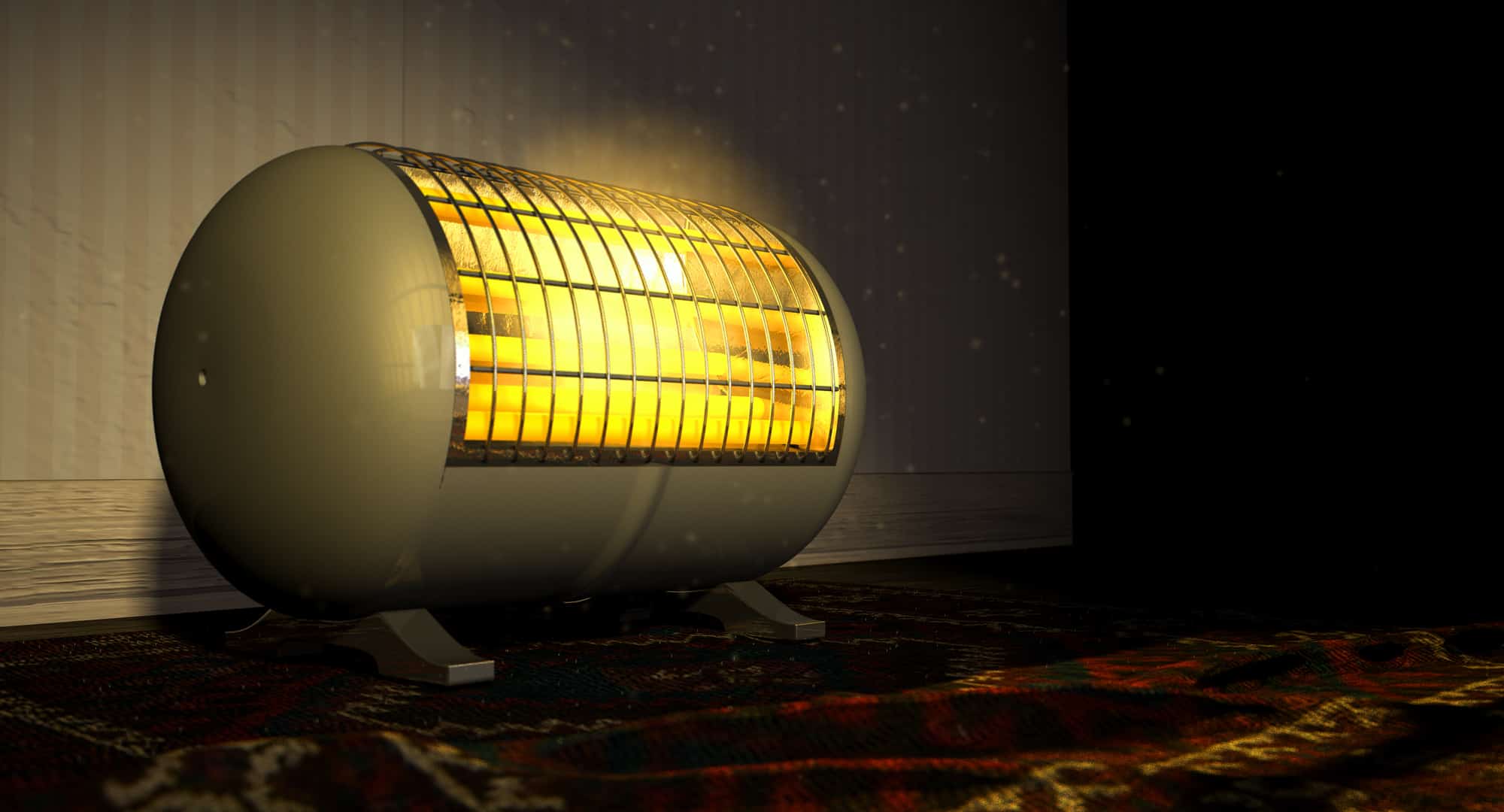
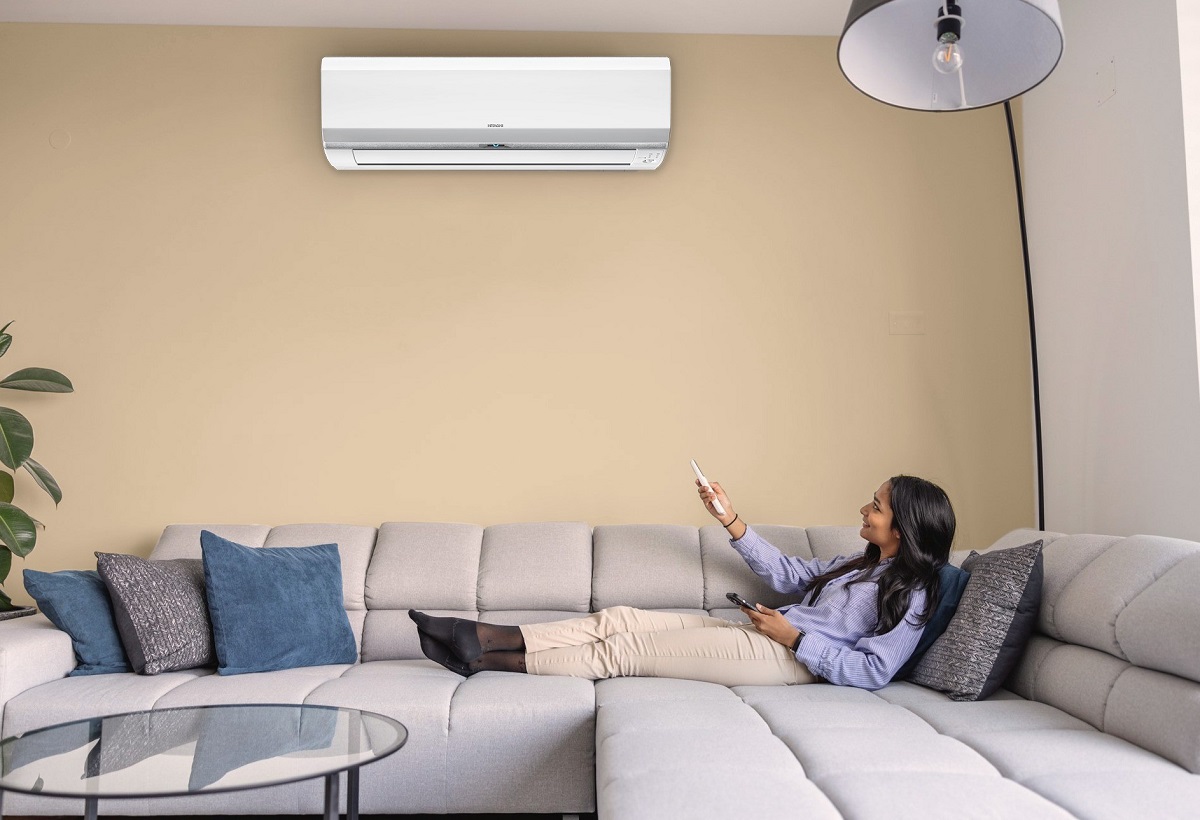
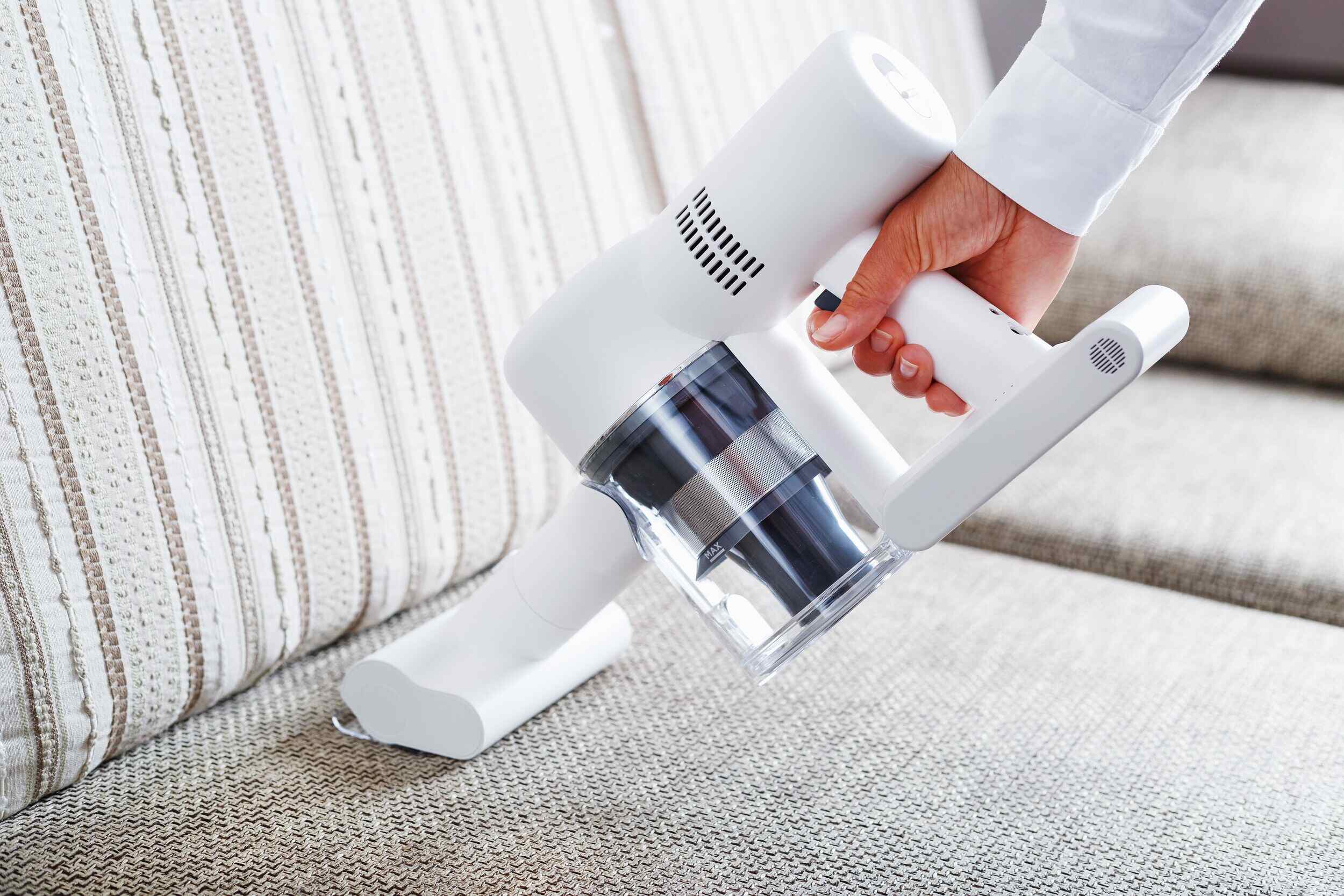
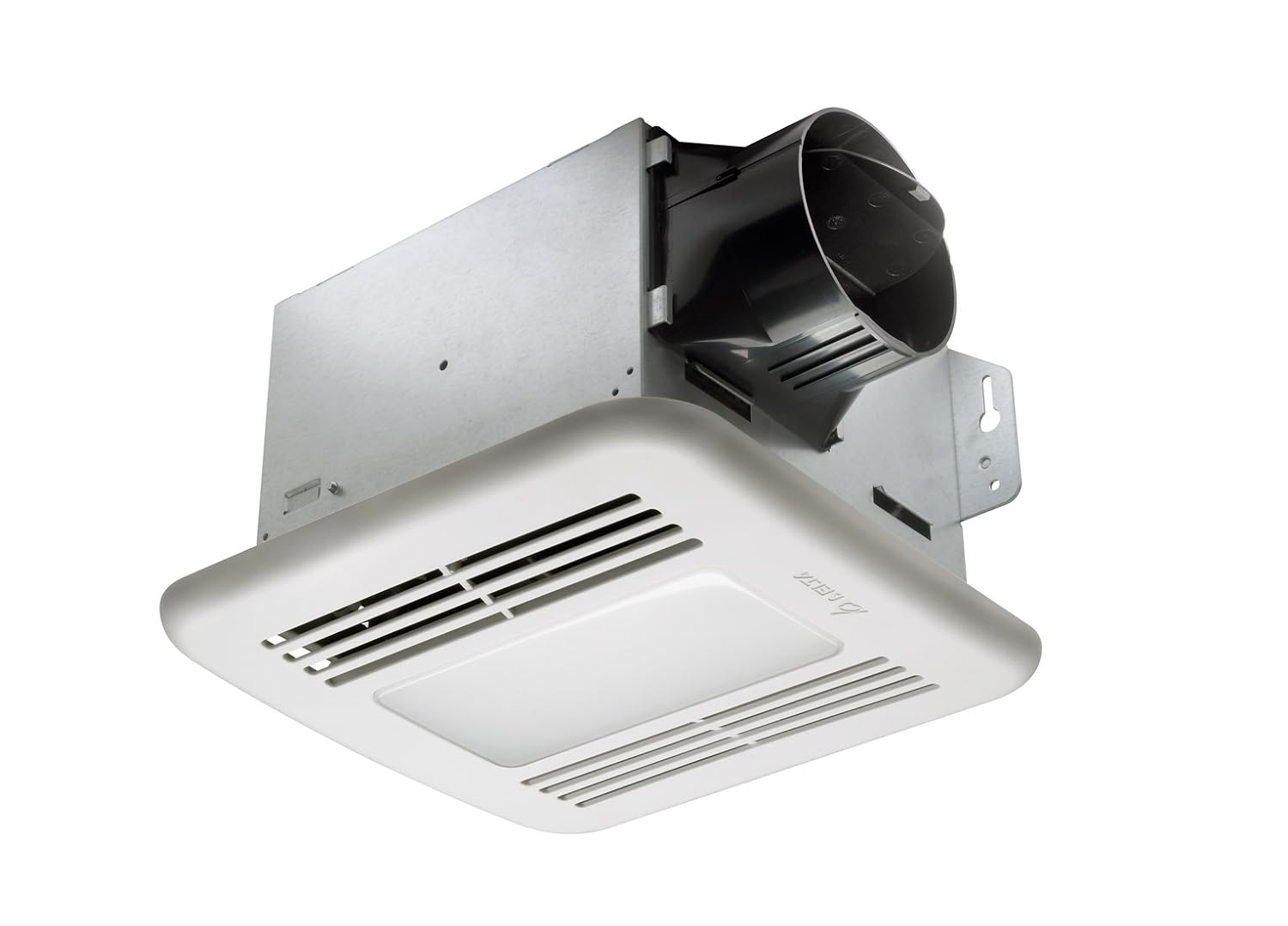
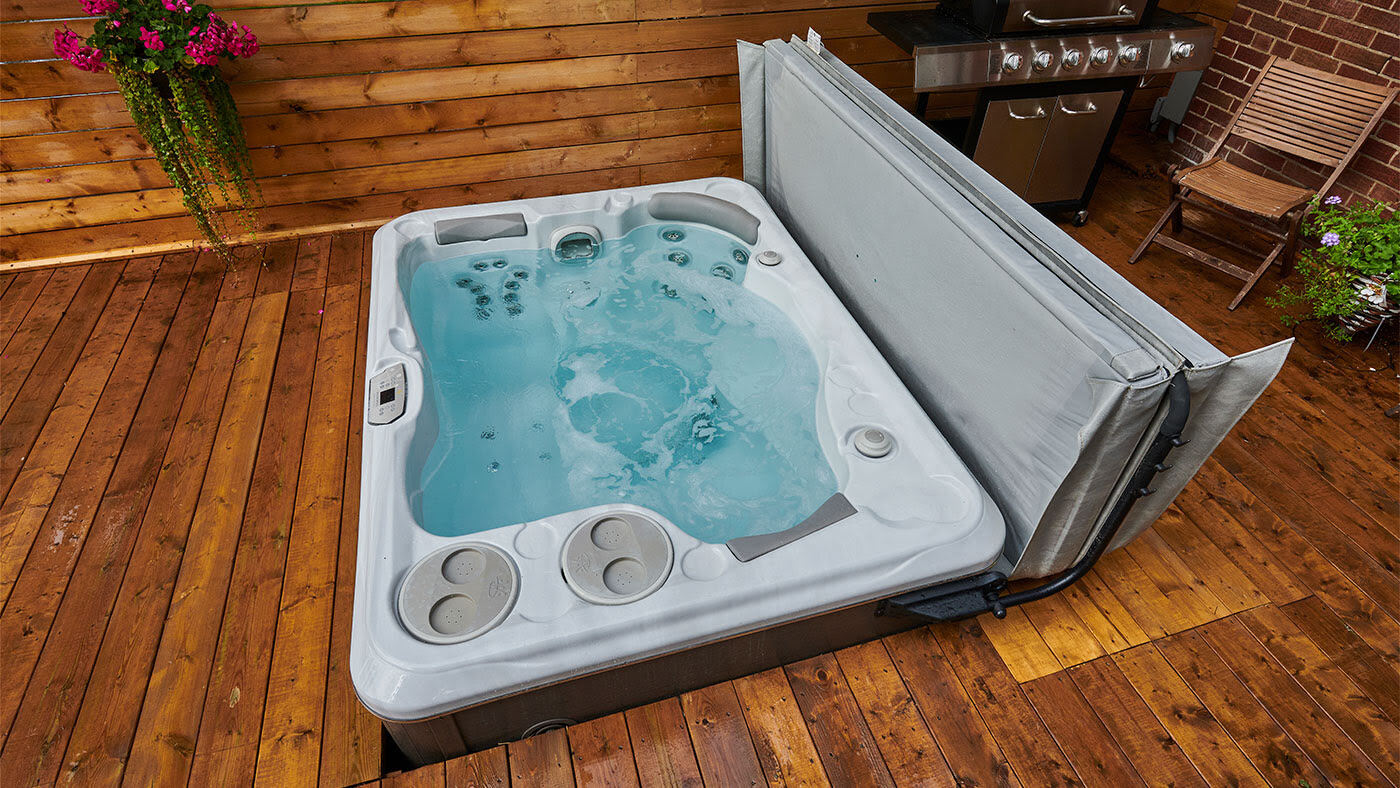
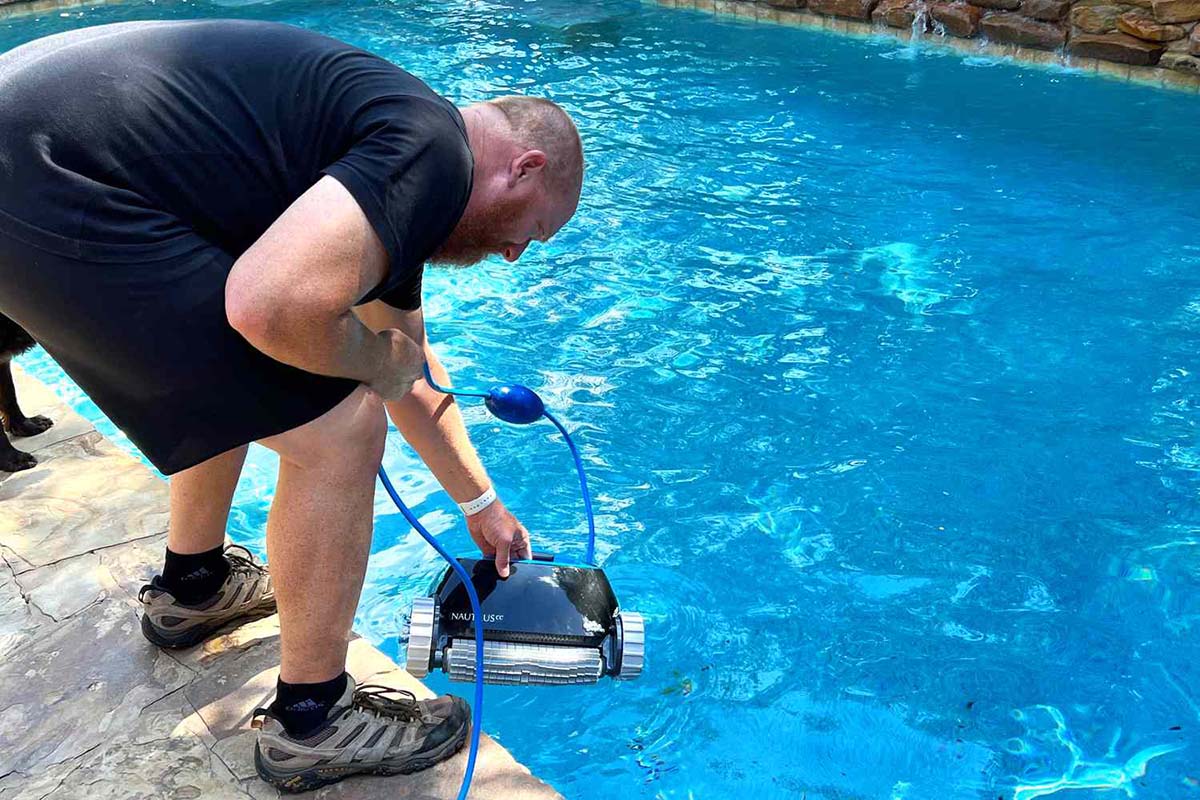
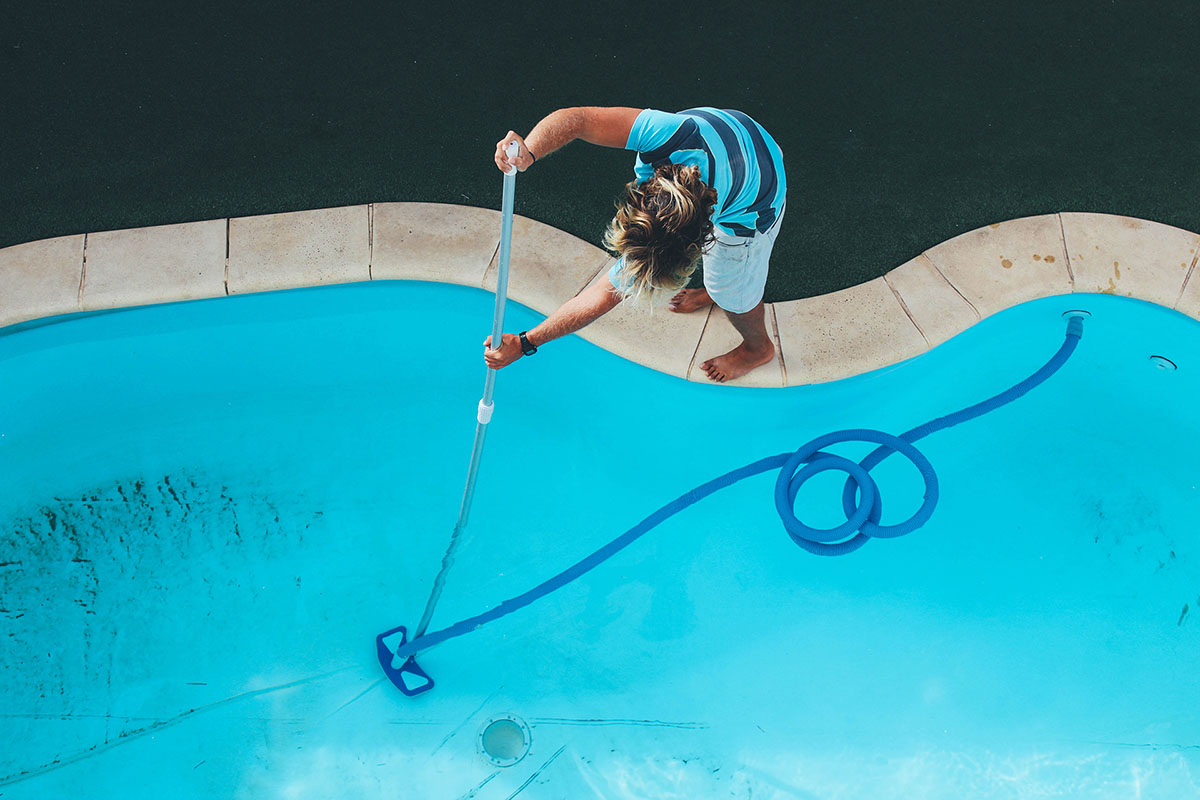
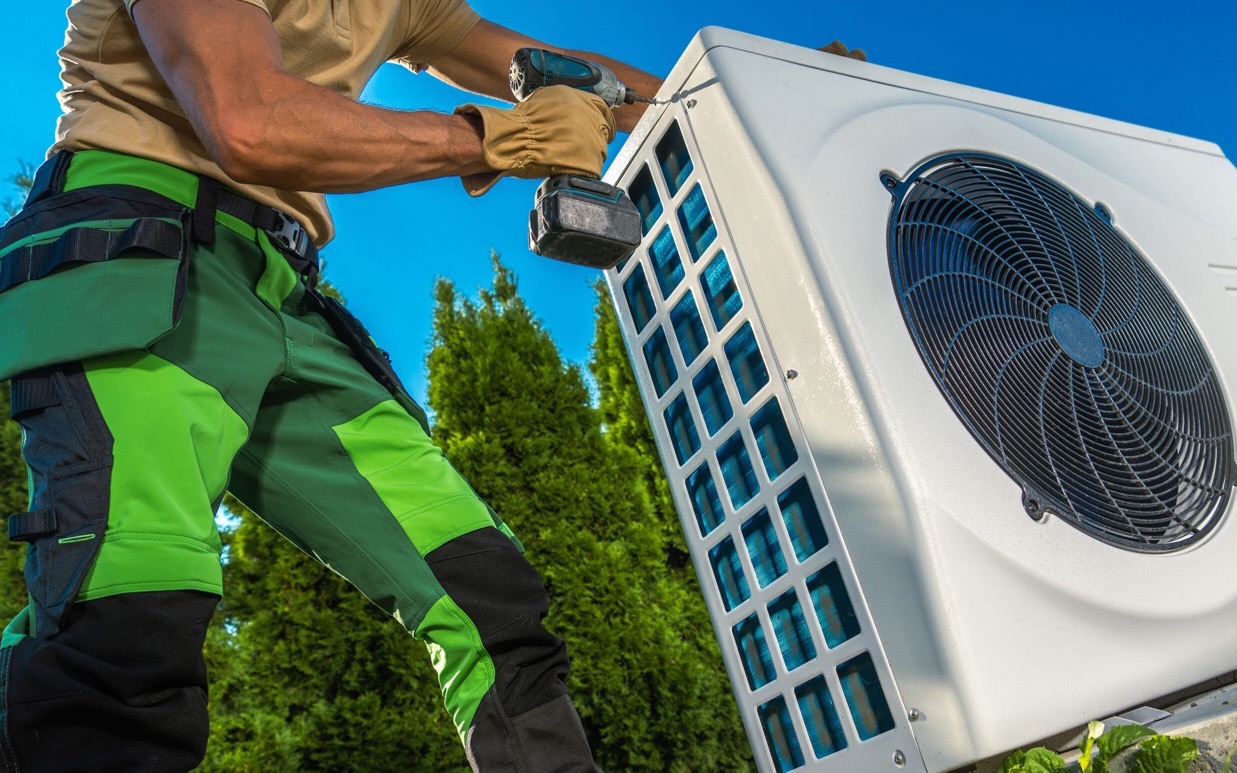
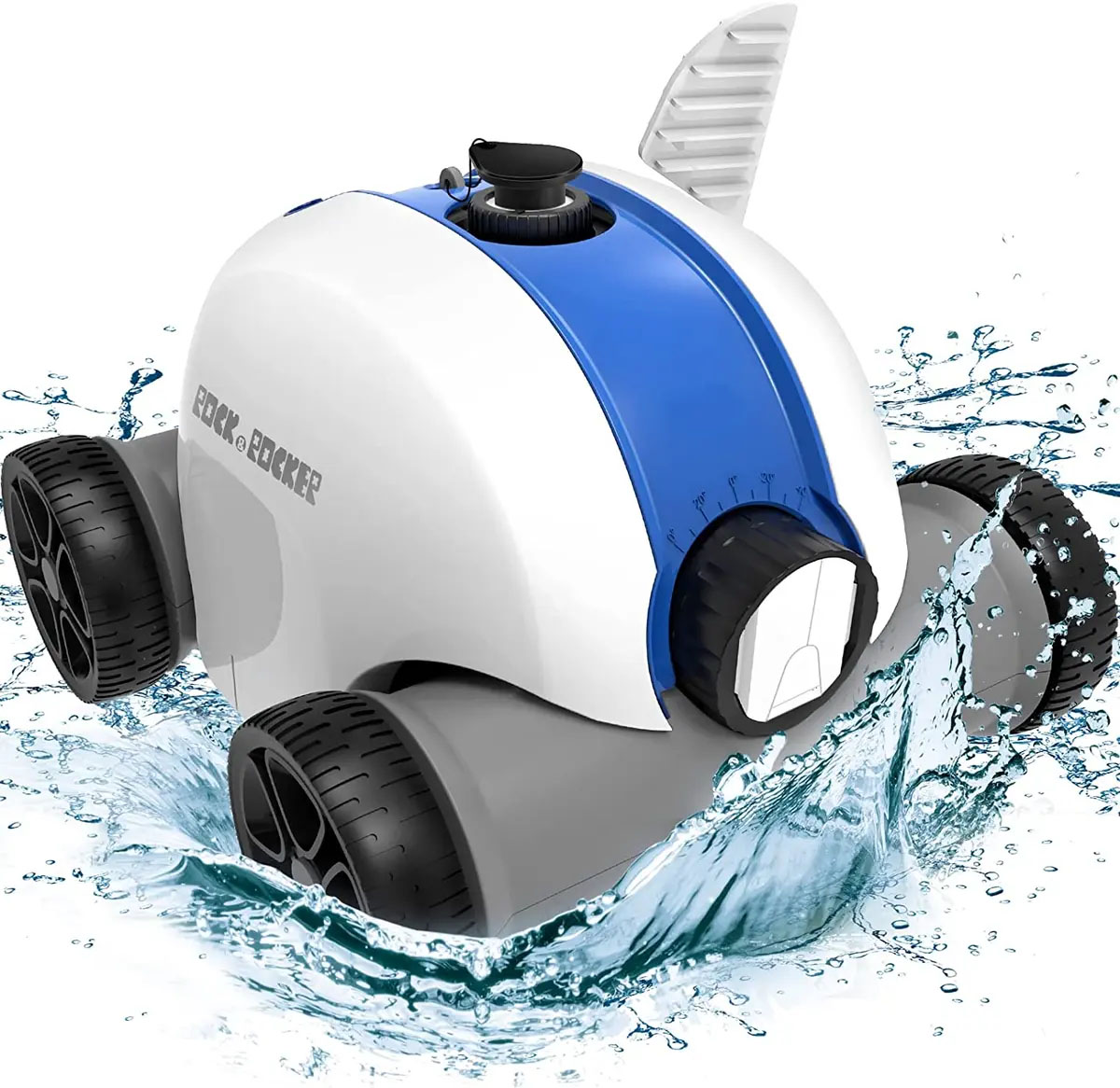
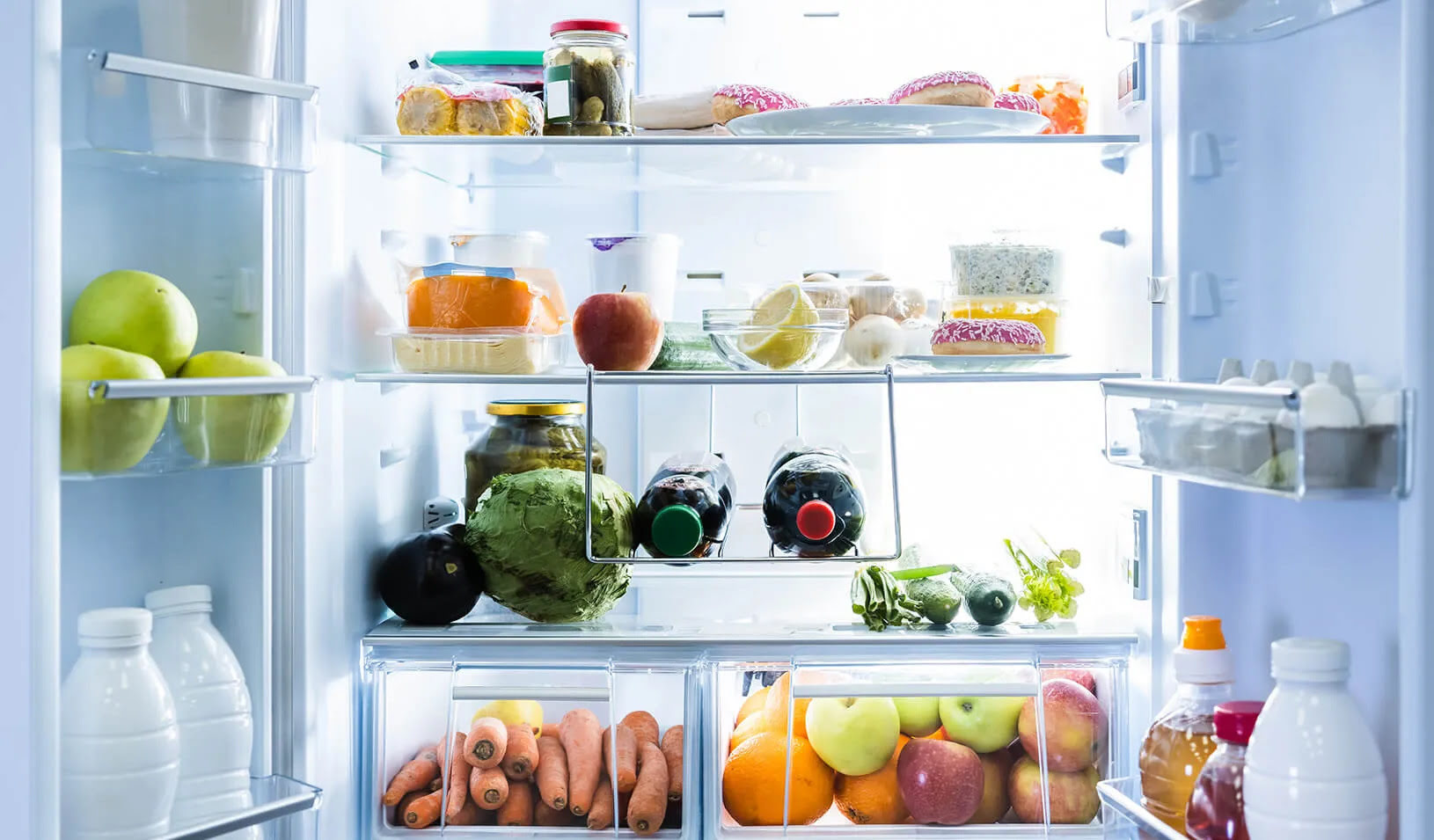

0 thoughts on “How Long Should A Pool Cleaner Run”